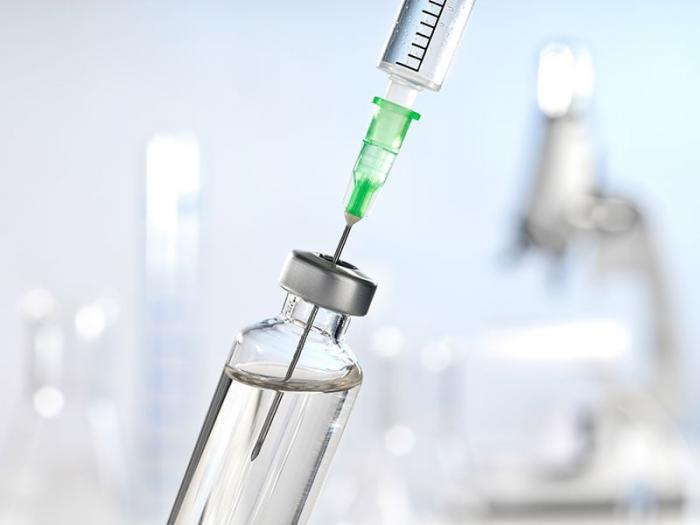
There is controversy within the Catholic Church after a prominent association of bishops raised moral questions about the newly approved Johnson & Johnson vaccine and a possible link to aborted fetal tissue.
The U.S. Conference of Catholic Bishops claims the Johnson & Johnson vaccine is linked to cells derived from aborted fetal tissue, raising moral concerns given the church’s opposition to abortion. They are asking Catholics to avoid taking the Johnson & Johnson vaccine.
“If one has the ability to choose a vaccine, Pfizer or Moderna’s vaccines should be chosen over Johnson & Johnson’s,” the bishops wrote in a statement.
The bishops’ statement could impact vaccination distribution, as many churches serve as vaccination centers.
Johnson & Johnson counter the bishops’ claims and say there is no fetal tissue in its vaccine. They say the vaccine used an engineered cell line. The company uses “an engineered cell-line system that enables the rapid production,” Johnson & Johnson said in a statement emailed to HuffPost.
According to NBC News, those cells are generally replicated from original cells that were taken four decades ago from fetal tissue. The company has also defended its use of stem cells on their website.
Moderna and Pfizer who first released approved COVID-19 vaccines reportedly used cloned stem cells for testing their vaccines.
With many vaccines in short supply, many Catholic Churches are focused on giving shots to as many people as possible. They are encouraging Catholics to take any vaccine that is available to them.
“We know from the holy father, the pope, that he is asking that you should get vaccinated right now. That it’s a moral imperative that the community is vaccinated,” Father Jon Pedigo from Catholic Charities said.
Many people continue having a tough time getting access to the vaccine and the sites that are available.
According to the Washington Post, the Vatican has already approved the use of vaccines “that have used cell lines from aborted fetuses in their research and production process.” They called them “morally acceptable.”
Throughout the years, anti-abortion Catholic groups have taken issue with drug companies that utilize human cell lines from aborted fetuses.


